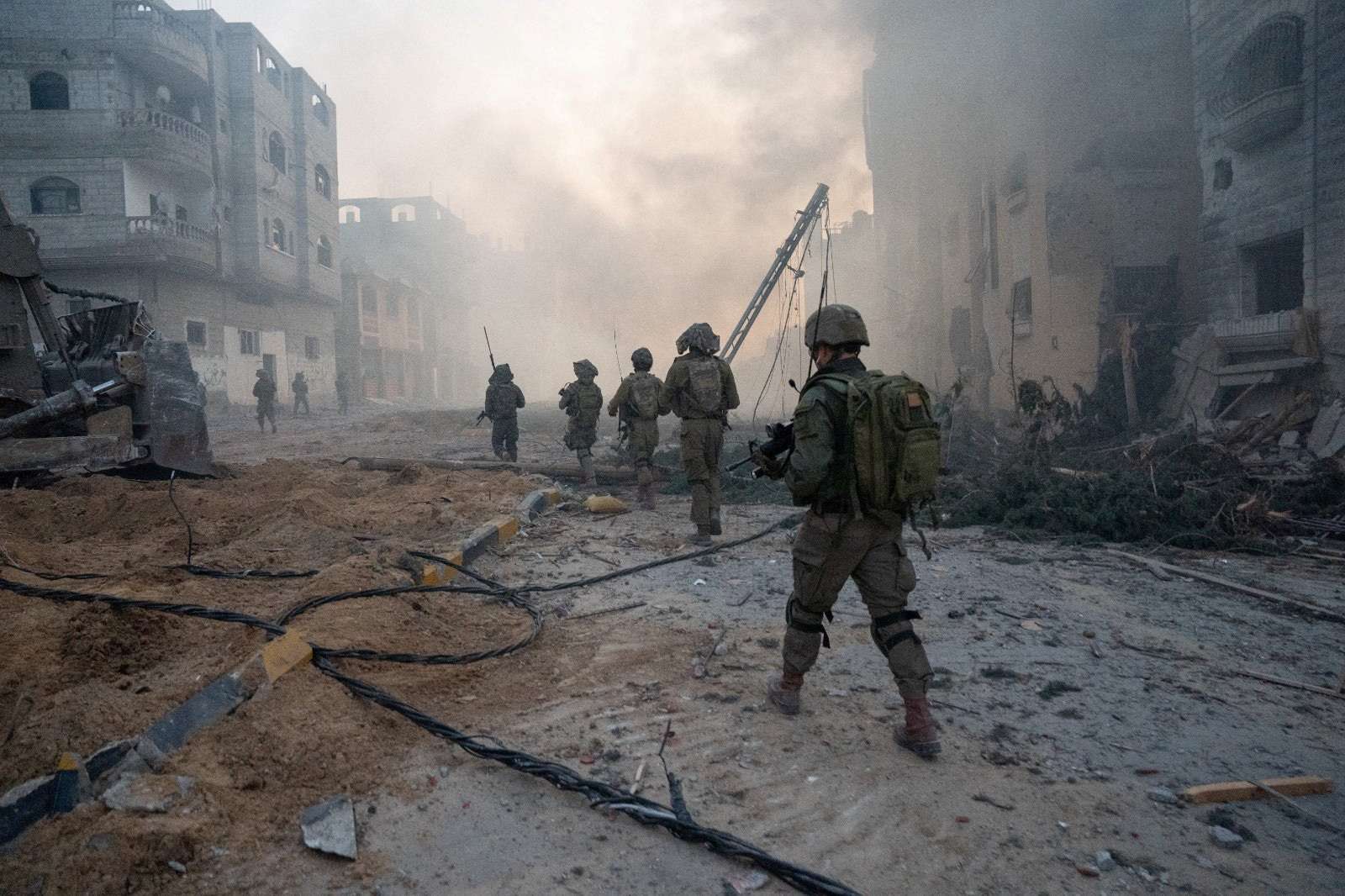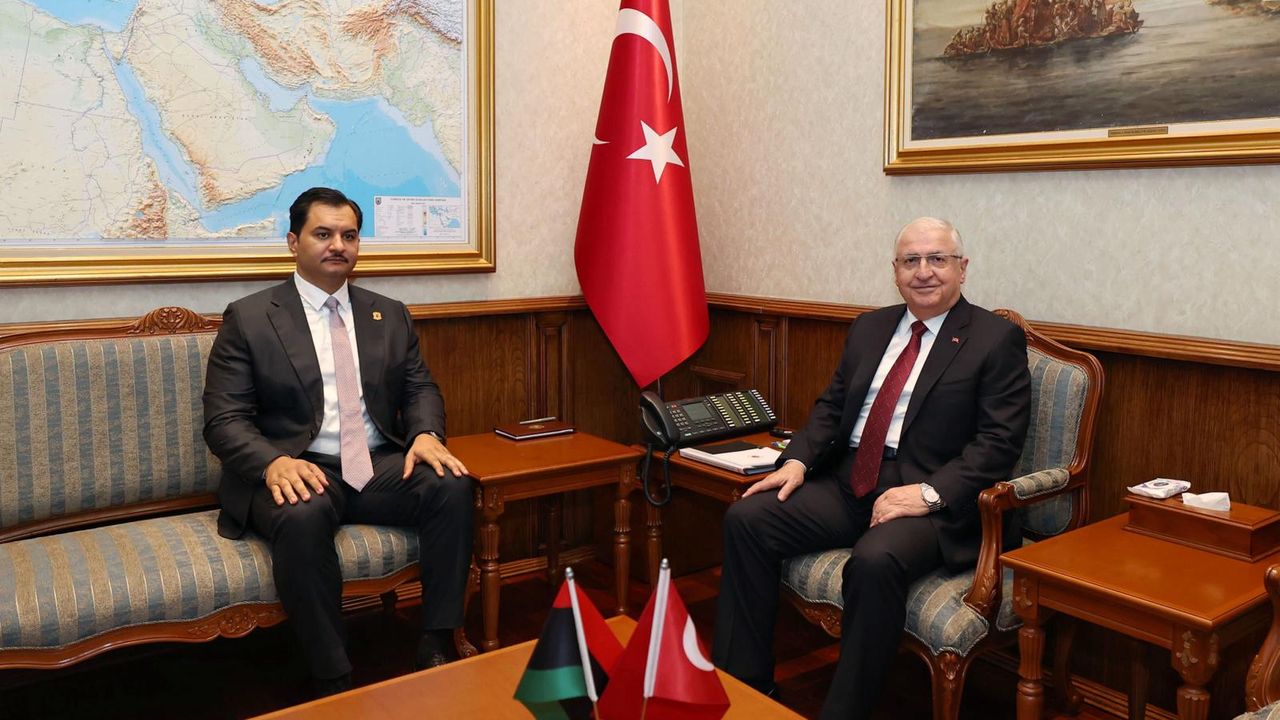“Zionism is the problem”: A Jewish voice of resistance

For decades, Zionism has been presented in much of the Western world as an inextricable component of Jewish identity. It has been used by Israel and supported by western powers as a reason for necessitating the expansion of the state and for protecting the Jewish faith.
But for some Jewish voices, this narrative is not only misleading, but deeply harmful both to Palestinians and to Jews themselves. “We support a single state solution for everyone between the river and the sea,” says Dave Cannon, the chairman of the International Jewish Anti-Zionist Network (IJAN). “We see this as the only long-term, sustainable solution.”
IJAN represents a growing current of Jewish opposition to Zionism across the world who oppose Israel’s expansionist project not in spite of Jewish history, but because of it. As Israel continues its military campaign in Gaza, which the United Nations has found to be consistent with the actions of genocide, voices like Dave’s argue that the historical trauma used to justify Israel’s actions has become weaponised, silencing criticism and conflating Jewish identity with the policies of a state.
“As a Jew I was brought up feeling very proud of the nation of Israel as a fantastic achievement,” Dave reflects. “But I wasn’t told about the Nakba. I wasn’t told that Israel was founded on violent, racist terrorism. Hundreds of Palestinian villages were destroyed, thousands of Palestinian men, women and children were slaughtered. 750,000 Palestinians were forced out as refugees… It was that that made me realise that Zionism is the problem.” For Dave and other members of IJAN, Zionism is not a benign nationalist project but an ideology that promotes ethnic supremacy and apartheid. “It promotes ethnic cleansing,” he says, “and it uses violence indiscriminately and relentlessly, as we can see in Gaza. Gaza is showing what the true nature of Israel and Zionism is.”
The emotional weight of the Holocaust continues to shape discourse around Israel, particularly in Europe, where guilt and historical responsibility have often translated into uncritical support. But Dave warns against allowing the trauma of history to obscure the crimes of the present. “There is trauma there… but we have to look more strategically than that,” he says. “The trauma is used relentlessly by Israel. If you criticise Israel then you are accused of being antisemitic.”
I may be naive but I honestly think that Israel is not going to get away with what’s happening
This conflation between Zionism and Judaism, he argues, has not only made criticism of Israel politically risky but it has also allowed a state to appropriate a religious and cultural identity. “Israel has not just stolen Palestinian land, it has stolen the Jewish identity,” he says. “There is a complete conflation between Zionism and Judaism.” This conflation makes it incredibly difficult to challenge dominant narratives. “It is very difficult in an environment where people are very scared to criticise Israel both in the media and in the education system,” Dave says. “Cultural institutions, the BBC, the Church of England and the Labour Party are all very pro-Israel.”
But at the grassroots level, criticism of Israel’s occupation of Gaza and the West Bank has been growing long before western nations raised their voices. Since October 7th, when Hamas’ attack on Israel triggered a new and even more extreme wave of violence in Gaza, Dave has seen a dramatic shift in public consciousness. “The demonstrations have been massive,” he says. “There is a groundswell… This is a global phenomenon.”

Dave argues that historic support for Zionism has existed as it has served Western interests. “If you go back to the establishment of Zionism itself, it was an ideology that was rejected by most Jews… It was only after the horrors of the Holocaust that people became more sympathetic. But even then the West had an antisemitic motive. They didn’t want a lot of Jews coming to the US or Britain so they decided to home them in Palestine. Palestine was sacrificed because of European racism.”
For anti-Zionist Jews, reclaiming their history means confronting uncomfortable truths and offering alternatives to dominant narratives. “We do our best,” Dave says, “We have regular webinars, we attend demonstrations and we issue statements.” But the fight is uphill. “We’re banging our heads against a really big brick wall of the Israeli lobby. The arguments are there but they don’t have the cut through because of the inherent bias.”
Still, he remains hopeful. “I may be naive but I honestly think that Israel is not going to get away with what’s happening.” Ultimately, Dave believes that real solidarity means dismantling the ideological foundations of Zionism and decoupling Jewish identity from the Israeli state. “Most Jews wanted to feel safe where they’d put down roots,” he says. “Zionism was never the only path.” And as more people begin to see the violence of the present not as a deviation, but as a continuation of the past, voices like IJAN’s are asking the world and Jews themselves to rethink the legacy of Zionism and what justice in Palestine should truly look like.
International Jewish Anti-Zionist Network, United Nations, Maghrebi
Want to chase the pulse of North Africa?
Subscribe to receive our FREE weekly PDF magazine













